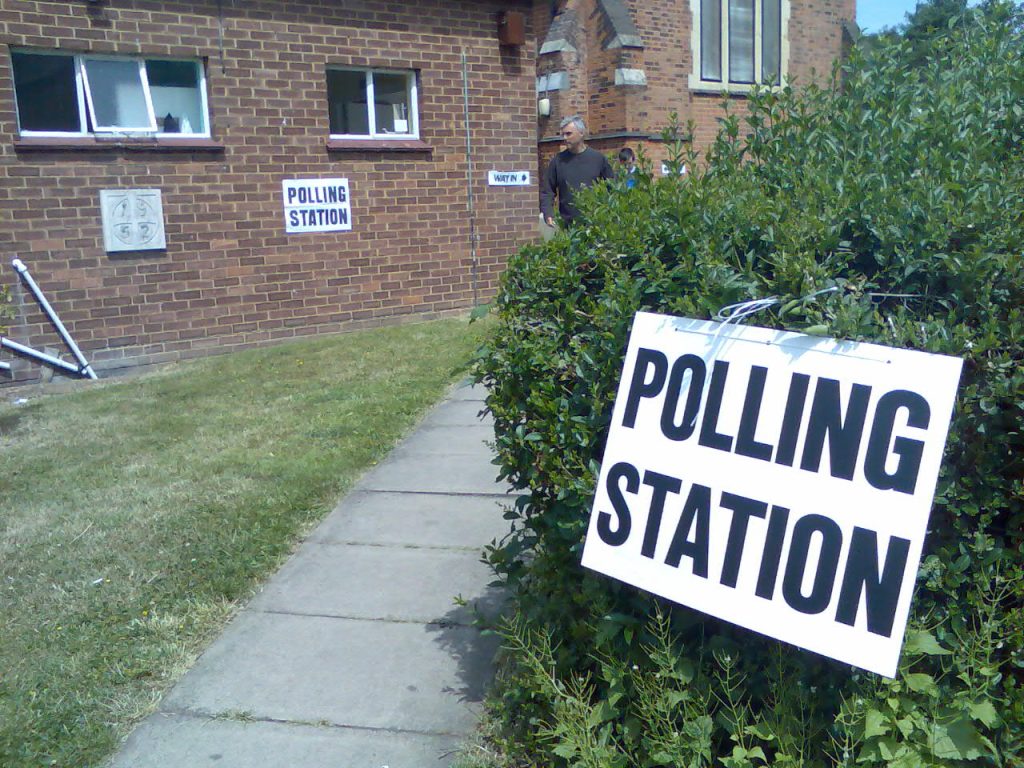The findings suggest there is a growing disillusionment with politics among certain social groups.
A healthy democracy relies on people participating in elections. Yet in the UK, voter turnout is falling. In 2024, just over half (52 percent) of UK adults voted in the general election, the lowest since the vote was extended to all adults over 21 in 1928.
The Institute for Public Policy Research (IPPR) has analysed election turnout across different demographics and identified some alarming trends.
According to the think-tank’s research, the gap in voter turnout between those with and without university degrees increased by 11 percent during the 2024 general election, double that of 2019.
Similarly, the turnout gap between renters and homeowners grew by 19% between the 2024 and 2017 general elections.
The findings suggests there is a growing disillusionment with politics among certain social groups.
Parth Patel, associate director of democracy and politics at IPPR, warned: “We are close to the tipping point at which elections begin to lose legitimacy because the majority do not take part. That should be ringing more alarm bells than it is.”
In the 2024 election, there was also an 11% difference in participation between the highest and lowest earners, as well as between people with working-class and middle-class jobs, trends that have remained stable since 2015.
Similarly, the turnout gap between 18-24 years old and those aged 60 and over was 21% in 2024, a trend that has also held steady in recent years.
As Morgan McSweeney, Keir Starmer’s chief of staff, built Labour’s 2024 election strategy around appealing to voters without university degrees, the data is likely to be a concern for the government.
With growing support for Nigel Farage and Reform UK, which came second in 89 Labour-held seats, including in many of the party’s former industrial heartlands in the north of England, Labour is reportedly focused on combatting the rise of Reform.
Labour promised voting reforms in its manifesto, including simplifying voter registration and lowering the voting age to 16. But the IPPR is calling for more ambitious measures, such as introducing a new civic duty to staff polling stations, similar to jury service. The think-tank warns that, without reforms to boost democratic participation, populist movements will continue to gain ground, regardless of economic conditions.
Experts argue that a potential solution to address the UK’s turnout gap is automatic voter registration (AVR), which could improve participation, particularly among ethnic minority groups.
The latest data from the Electoral Commission shows that 8 million adults in the UK were not properly registered to vote in 2023. While Labour did not commit to introducing AVR in its election manifesto, it has reportedly been exploring the idea as part of a broader democracy bill.
Ellen Berry, the head of the UK Democracy Fund at the Joseph Rowntree Reform Trust, said: “Despite excellent efforts, voter registration drives alone are not able to close the gap – the millions of people missing from the register, who are unable to vote come election day.”
She is calling on the UK to “follow the example of democracies around the world where automated voter registration is the norm,” arguing that evidence from other countries “shows that AVR is an incredibly effective solution to address democratic inequality, respect voters’ privacy and, often, save money.”
To reach hundreds of thousands of new readers we need to grow our donor base substantially.
That’s why in 2024, we are seeking to generate 150 additional regular donors to support Left Foot Forward’s work.
We still need another 117 people to donate to hit the target. You can help. Donate today.



